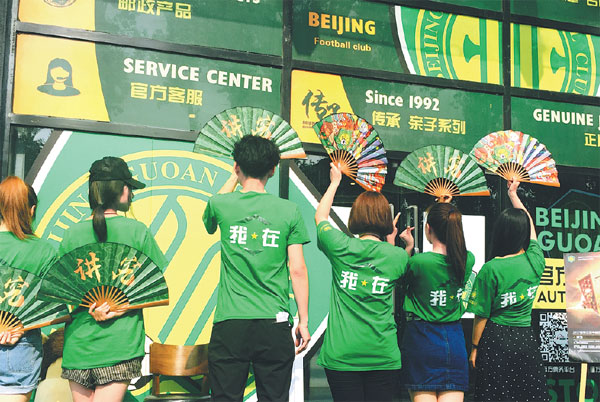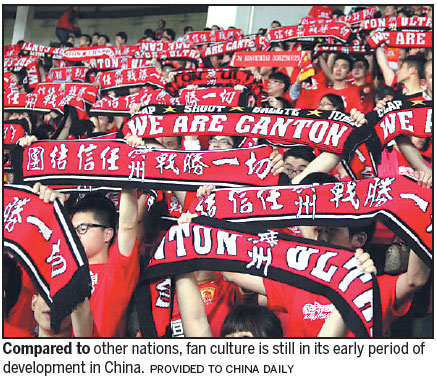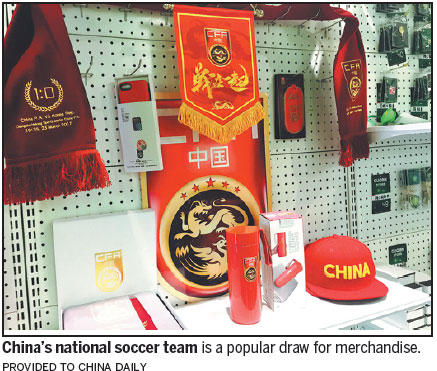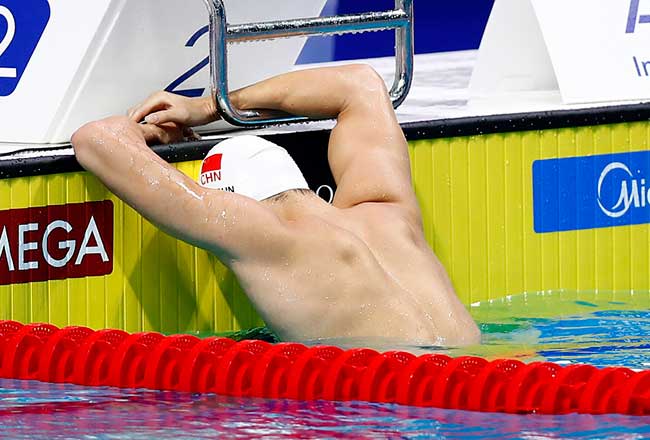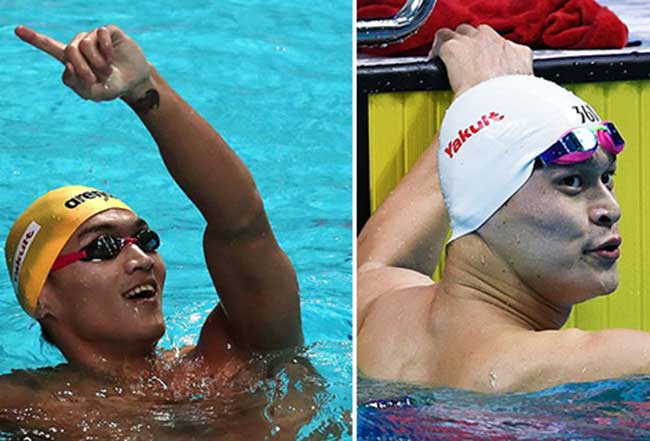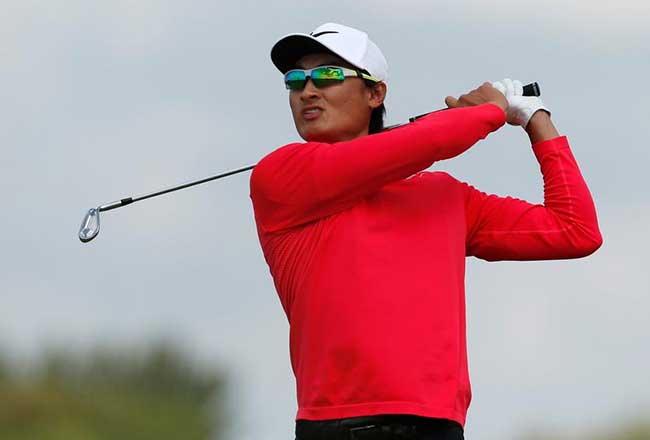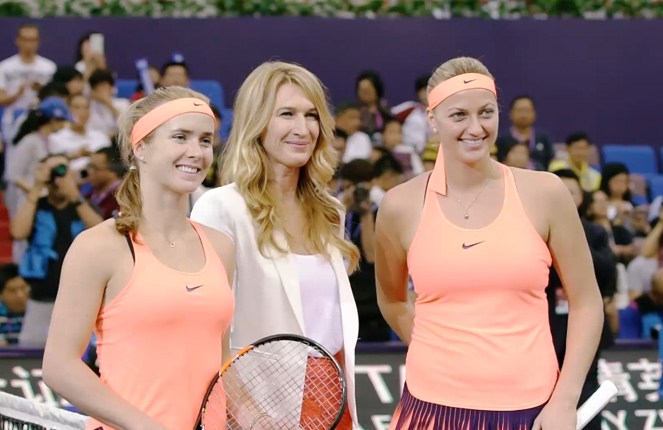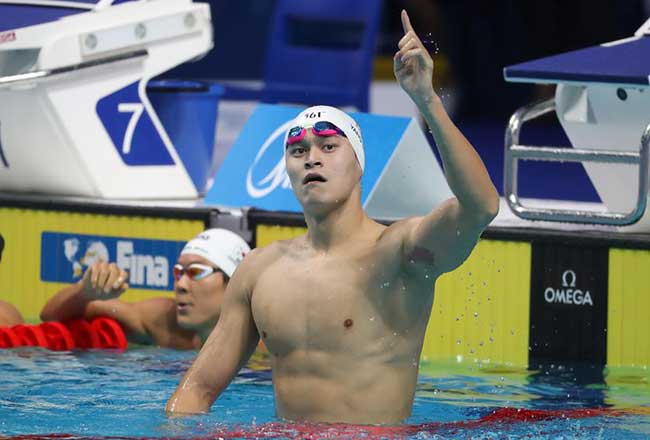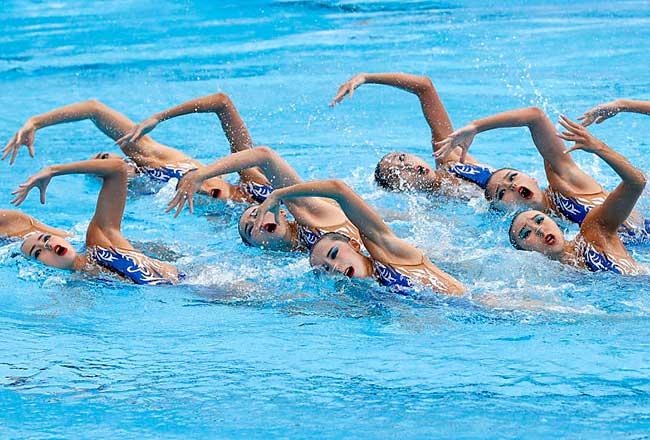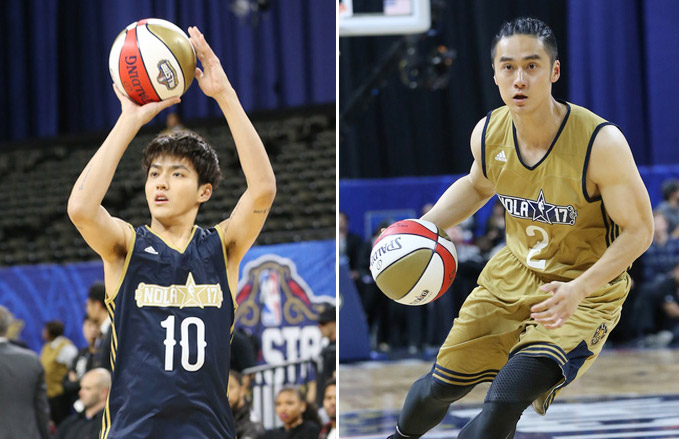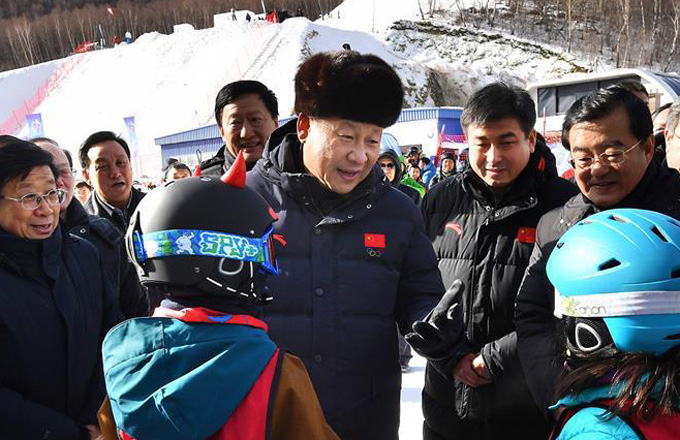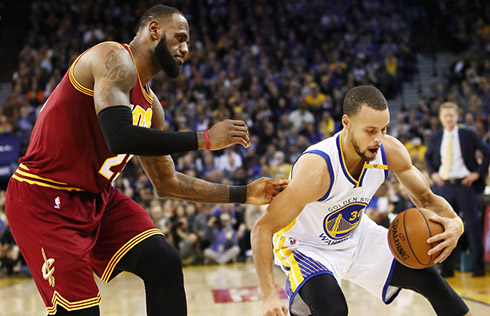Cashing in on fan culture
|
Fans of Beijing Guo'an are decked out in the club's colors at the recent Fan Culture and Merchandise Development Forum. Provided to China Daily |
Sport may be enjoying an unprecedented boom in China, but the country's growing fan bases still represent an untapped gold mine for clubs, cities and regions, according to industry insiders.
"Fan culture and merchandise development could be a major source of income for the sports industry," Eric Gao, CEO of iRENA, China's leading sports industry platform company, said at the recent Fan Culture and Merchandise Development Forum in Beijing.
"We're not just talking about cultural icons, but business potentials in general. Fan culture around sports can be cities' calling cards."
Founded in 2001, iRENA Group specializes in fan culture and merchandise, developing logos and mascots for many teams.
It is also a long-term partner of major teams in China, including the national soccer and volleyball sides, and basketball's visiting NBA International Series. Gao reckons NBA China could earn millions of dollars by developing licensed merchandise.
The global licensed sports merchandise market will be worth $48 billion by 2024, almost double its value from 2015, according to forecasting firm Transparency Market Research.
The United States and Canada account for over half the market's revenues thanks to the popularity of Major League Baseball, the National Football League, the National Basketball Association and the National Hockey League, which continue to expand their fan bases.
However, in Asia-Pacific countries such as China the numbers are comparatively small, with iRENA seeing massive potential in soccer clubs like Beijing Guo'an.
"We are actually developing super intellectual properties," said Elsie ViVi, deputy general manager of iRENA's North China Operation Division.
"The consumers are changing. We used to focus on brand-building, but now what we have to do is to develop intellectual properties. The difference is that we have to create sustainable content for the future."
In layman's terms, that means telling and selling better stories.
"It is important to tell stories to humanize the merchandises," said ViVi.
"Take Beijing Guo'an's lion mascot as an example. We redesigned the lion into a more humanized cartoon character to attract young people and children.
"After the team suffered a devastating defeat one day, the fans were irritated. So, we made the lion into a sad fan who refuses to abandon the team and posted the pictures on social media in order to ask for more support from fans. It worked."
Respected sports journalist Yuan Ye agrees the strategy is clever.
"The keys to developing merchandise are following the trending topics, adding emotional elements and telling touching stories," he said.
Added Gao: "We want to create a sense of belonging for fans.
"Through developing fan cultures and merchandise, we want fans to be proud of their own teams and cities."




